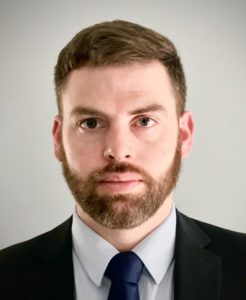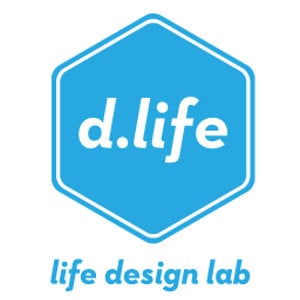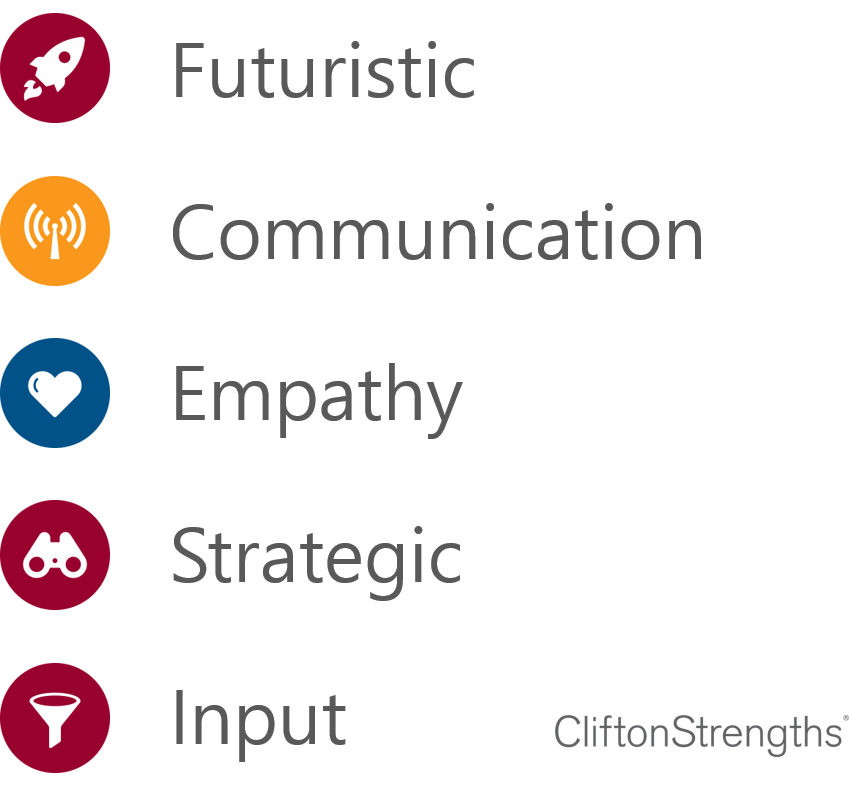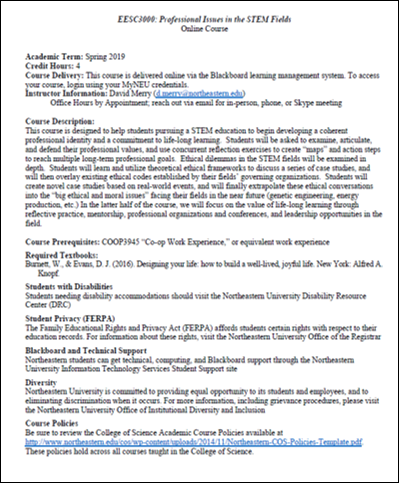Preparing Students for the Future of Work
An experienced leader in co-op and career education, specializing in the evolution of career education for the future of work.

The reason I go to work each day is to support and empower higher education professionals who help students and alumni navigate their career journeys.
As a leader within the cooperative education division of Northeastern University, I built and empowered a team of highly-effective faculty and staff, and fostered an environment where they felt energized to grow and leverage their unique strengths toward promoting students’ learning and career outcomes.
I strive to be an innovative thought-leader, and I have a history of creating, piloting, and advancing new initiatives. I am currently working to facilitate adoption of a novel, integrative experiential learning framework and technology (SAIL: Self-Authored Integrated Learning) by building and maintaining strategic partnerships across all sectors of the institution. I am also engaged in doctoral research focused on the evolving practices of top-ranked career service centers to address changing student needs and the future of work.
Leadership
Served for five years as the founding Director for the College of Science Co-op unit, empowering a team that doubled in size to develop and leverage their own individual strengths as career educators
Strategy
Responsible for adoption and integration of a university-wide experiential learning curriculum and digital platform, building strong coalitions with stakeholders from all units in the institution
Scholarship
Engaged in doctoral research about the steps top-performing career service units are taking to prepare for changes associated with changing student needs and the future of work

Design Thinking and Life Design
I had the privilege of attending a 4-day Designing Your Life training at Stanford University, hosted by Bill Burnett and other d.school practitioners. During that time I developed a prototype program to bring back to Northeastern that would integrate the Design Thinking philosophy more closely with our career preparation initiatives.
Since returning from the conference I have become even more immersed in and appreciative of the way Design Thinking helps people frame difficult problems like building a fulfilling life. I have had the opportunity to develop and present workshops for staff and faculty on campus where they go through the steps of ideation and prototyping to develop new teaching initiatives, as well as workshops for students where my colleague and I were able to embed a CliftonStrengths training into the larger Life Design curriculum to help participants to identify paths forward.
Leveraging Strengths
The CliftonStrengths framework has been a powerful tool for my own
development and in programming I have co-facilitated with other career educators.
My Futuristic theme informs my desire to be at the cutting edge of my profession and my academic research on the future of career education. I engage my Input and Strategic themes by seeking out practical and actionable tools for career educators to bring to their work, while ensuring that the tools are strategically aligned with broader department and institutional initiatives.
I pride myself on leveraging my Empathy and Communication themes when building trust within teams and collaborative partnerships across organizations.

Sample Work
"Learning Everywhere" Webinar
Presented for CEIA members on January 28th, 2020
“Students often talk about their co-ops and internships simply in terms of what they did, instead of how they grew and what skills they developed. It can be difficult to connect those skills to other aspects of their lives, or to articulate them clearly to others. And while a great deal of learning happens in the classroom and workplace, students are often unattuned to valuable learning experiences in their everyday lives. In this webinar we will describe a program at Northeastern University that helps students reflect on their lives holistically and better integrate learning from co-op/internship back into academic and personal spheres by approaching each new experience with an “expert experiential learner” mindset. While we will be describing a unique initiative at Northeastern, we will identify ways to effectively translate these concepts to other campuses and contexts.”
Values, Ethics, and Professionalism in the Science
During my time in the College of Science co-op unit I identified a need for students to engage in a more robust reflection experience after they returned from co-op. I was also working with my Dean to find ways for students to complete their Ethical Reasoning core requirement within the college in a more discipline-specific format, and to provide more flexibility for students by offering more online classes. The course I developed, and defended before the university curriculum committee, has been a part of the course catalog for the past two years. I was able to incorporate strengths and values inventories, classical ethical theories, principles of Life Design, informational interviews, and reflective writing around lifelong learning and mentorship.
“Designed to help students pursuing a science education to begin developing a coherent professional identity. Students examine, articulate, and defend their professional values and use concurrent reflection exercises to create action steps to reach multiple long-term professional goals. Examines ethical dilemmas in science fields in-depth. Offers students an opportunity to learn and utilize theoretical ethical frameworks to discuss a series of case studies and overlay existing ethical codes established by their fields’ governing organizations. Students create novel case studies based on real-world events and extrapolate these ethical conversations into the “big ethical and moral issues†facing their fields in the near future (genetic engineering, energy production, etc.). Focuses on the value of lifelong learning through reflective practice, mentorship, professional organizations and conferences, and leadership opportunities in the field”
